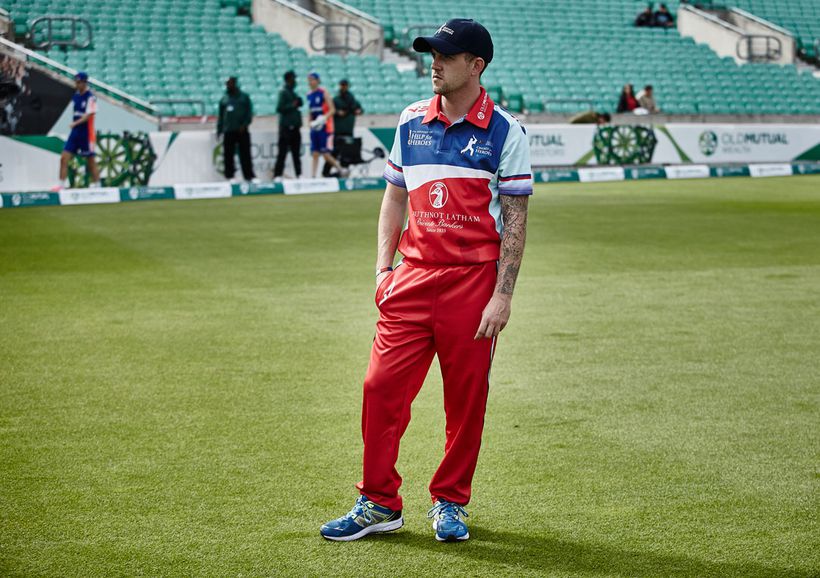Updated on
Lee James was fresh out of school when he joined the Army in 2006. Aged just 16, he was too young to be deployed so volunteered for a deployment as soon as he turned 18.
On the battlefields of Afghanistan, Lee experienced the reality of war as he came under fire and faced the constant threat of Improvised Explosive Devices. Lee felt alone and, with no one to confide in, began writing as a way of coping: “It was a way of speaking to myself and getting rid of my problems.”
Two years later, in 2010, Lee returned to Afghanistan. Hoping the experiences on his previous tour would stand him in good stead, Lee felt prepared for what would come. Then the worst happened when he was caught in an incident during a patrol: “We drove over an IED – even though I’d escaped with only minor injuries it turned out the experience really affected me mentally.”
After returning home, Lee’s condition failed to improve. He was diagnosed with Post-Traumatic Stress Disorder (PTSD) in 2011 and has been in recovery ever since.
Because of the taboo that exists around mental health, Lee felt unable to talk about his PTSD. He channelled his emotions into his writing to escape the nightmares and suicidal thoughts he was living with: “My writing evolved into poetry – it was the best way of showing what I was going through.”
As beneficial as Lee’s writing was for getting things off his chest, his PTSD continued to worsen and he tried to take his own life: “I couldn’t speak to anyone about my condition and went through a really bad patch in my life. I made several suicide attempts and was in and out of mental hospitals.”
It was following a visit to the Department of Community Mental Health in Tidworth that Lee was put in touch with Help for Heroes. At first hesitant about the prospect of visiting one of the Recovery Centres, walking through the doors was instead the turning point: “The Charity told me I had a reason to live and allowed me to be myself again. They picked me up and have put me on the right path.”
Back when he was at his worst, Lee didn’t want to leave the house. Now he is throwing himself into lots of opportunities available through the Charity. One of these is playing for the Help for Heroes Cricket Club: “Being part of the cricket team brings guys like me together. We feel accepted for who we are and all try to help each other.”
Lee also started writing about his time with the club, with one of his heartfelt poems featuring in the programme for Cricket for Heroes. Before that, he’d never shown anyone his writing. But after being encouraged to do so by the Charity, he’s been amazed by the response: “It’s difficult for people to know what guys like me are going through. I hope my writing gives them an understanding of that as well as giving others who are suffering a voice.”
The poetry he writes is so important to Lee he chose to have some of it tattooed on his arm as part of a larger design of an angel fighting demons. The words, ‘I’ll rest my soul in heaven before I spend my time in hell’ tell a story of Lee’s journey from the depths of despair to where he is now: “It empowers me to be strong in the future.”


